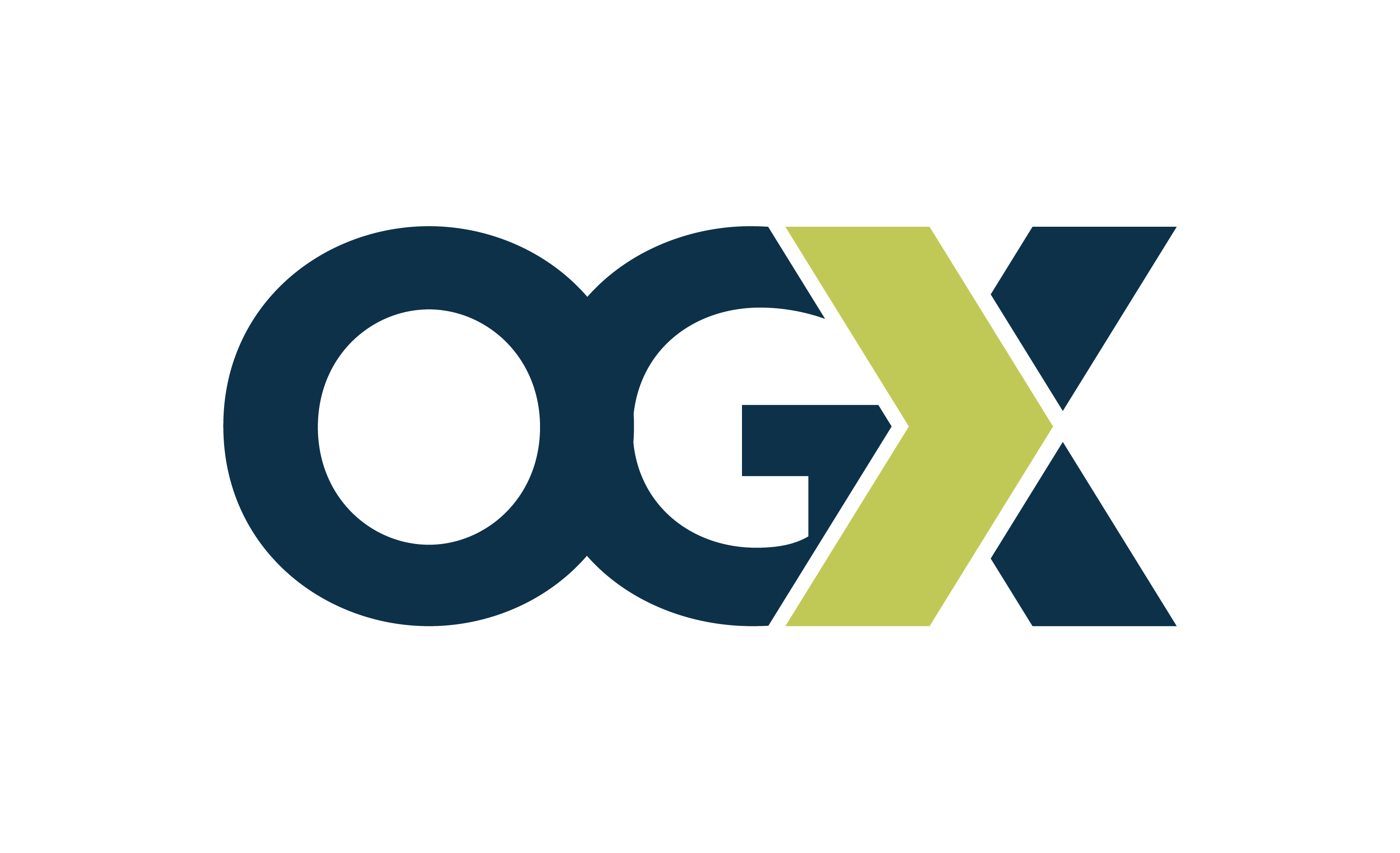Innovative leaders around the world understand that managing projects more effectively is essential to ensuring that their organizations are able to adapt to changing technologies and meet increasingly complex customer demands, all while delivering the greatest amount of value. But what exactly is PPM?
Project Portfolio Management refers to a process used by project managers and PMO’s to analyze the potential return on a project. PPM has the ability to allow Project Managers to see the entire picture of the project at hand and make educated data-driven decisions. However, implementing a modern PPM strategy is a difficult endeavor for many organizations that have been relying on more traditional project management approaches. Optimally prioritizing, balancing, and effectively executing projects on time and under budget are just a few of the obstacles that come with PPM.
As with any revolutionary initiative, time and effort are essential in ensuring that your PPM implementation is running smoothly. Business leaders often say things like “How can we afford this?” , or “Is there any way we can move on without this?” Not only is a modern PPM strategy worthwhile for your bottom line, it is also something that, once implemented, you will wonder how you ever functioned without.
#1 Prior to adopting PPM… fully embrace it!
Leaders in project management say that PPM is not just another tool or process, but a full blown philosophy. As a result, PPM is not a temporary implementation that your organization adopts and eventually forgets, but, rather, it is a fundamental change to how you view and execute projects. The goal of every project is to generate the greatest possible value for all stakeholders involved. Projects should be treated as if they were actual investments so that you are better able to define the project scope and include all factors that are needed in order to generate the maximum amount of value.
#2 Find the right approach
Contrary to popular belief, PPM is not a solution that applies to every type of project and organization. As a result, customizing a PPM solution to your organization’s needs is essential to its success. Determining the requirements of your business and ensuring that any solution you adopt fits into the culture of your company are critical components of the customization process.
There are myriad different PPM tools on the market, each with their own unique features and specializations, meaning your organization will need to be equipped with the most relevant information on PPM approaches to make a worthwhile investment. Figure out what will work best for you, your team, and your company alike and then determine which PPM software will align.
The Project Portfolio Management process is meant to help companies foresee and capitalize on the highest value aspects of their project portfolio. PPM tools help companies deconstruct every minute detail within a project while defining the risk/reward ratio. Furthermore, PPM solutions allow organizations to generate useful project data and KPI’s that can be used to further optimize their returns on investment. The ability to perform deep-dive analyses on projects is critical to overall business strategy and becoming innovative leaders in their industry.
Having a comprehensive PPM strategy and solution is essential to any organization’s growth strategy. While there are some obstacles that must be overcome to achieve a successful implementation, taking the proper steps to find out and ensure a best fit PPM software and mitigating the inherent risks can make the transformation painless. From the employees on the front line to the CIO, project portfolio management can ensure end-to-end benefits that can be of great use for your company.


